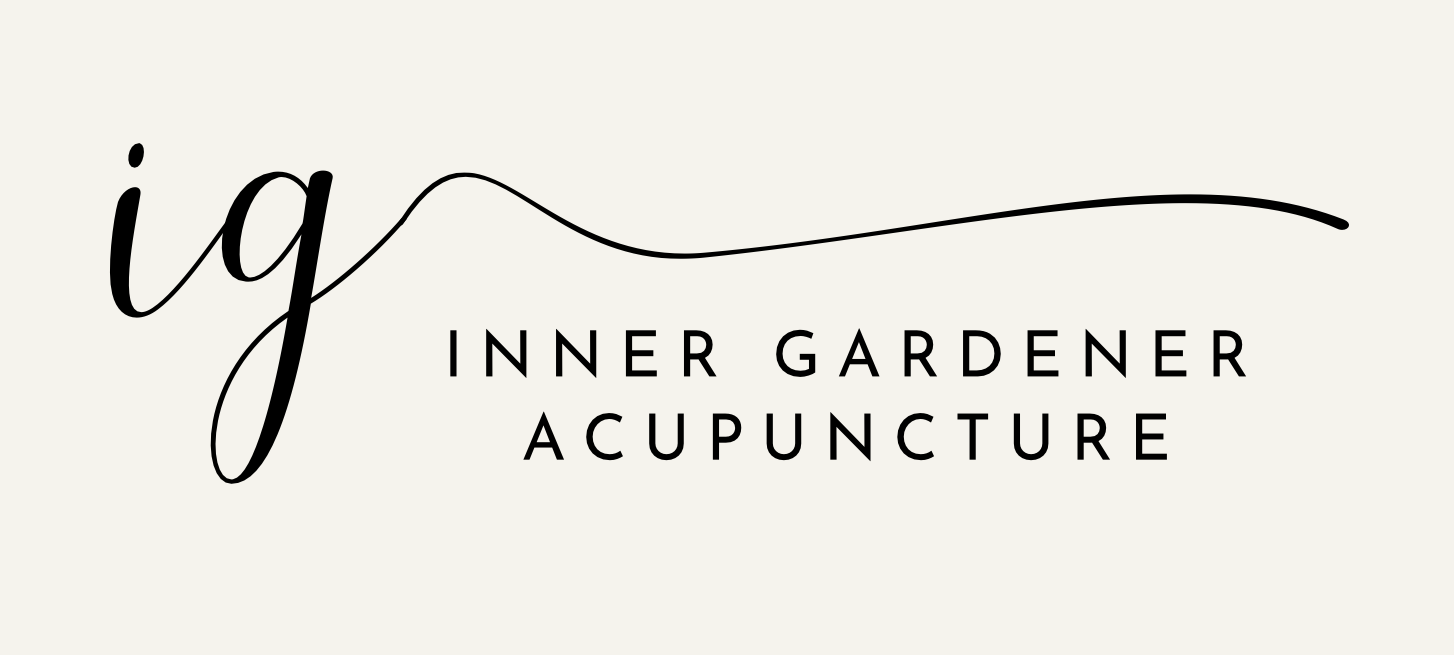Spleen Qi
Vapor, steam, energy, matter, vital force; Qi is the basis for all physiological, emotional, and mental processes. Qi changes according to its locality and function and remains in a constant state of flux. It can assume different manifestations and is the basis of the universe’s infinite manifestations of life.
Qi also has an integral function in how it relates to each organ.
Western physiology attributes emotional and mental process to the brain, whereas Eastern medicine models consider emotional cognition as visceral energetics. The principle is this; the relationship between organs and emotions are mutual. The state of the organ will affect the emotions and the state of the emotions will affect the organ.
Research has only recently identified a bidirectional relationship between the emotions and the gut microbiome, providing a modern insight into the emotional regulation via the visceral system.
Emotions
In the ancient texts, the emotions are categorized into seven different groups: anger, happiness, thoughtfulness, sadness, anxiety, fear and surprise.
For example, the Spleen is the residence of thought, housing the Yi which translates to intellect. Our thoughts and mental capacity relate to the spirit of the Spleen, housing this aspect of our psyche.
The Yi is prone to worry and overthinking…endless rumination that can cause mental taxation, worry and anxiety.
The Qi of the Spleen influences our capacity for thinking, studying, concentrating, focusing, and memorizing. When the spleen is in harmony, we think with clarity and can concentrate.
Conversely, when the spleen is weak or exhausted, thinking will be dull, concentration will be slack, memory and energy will have escaped us…#burnout.
Diet and LIfestyle
The specific energetics of the Spleen can contribute to clarity and organization or endless self-analysis, overthinking and exhaustion. The Qi of the Spleen is directly affected by diet and lifestyle.
Excessive consumption of refined sugar, boxed juices, wheat, deli meats and dairy can all weaken the Spleens capacity for transforming and transporting nutrients. General Spleen Qi deficiency can be seen in symptoms like chronic fatigue, frequent colds, sinus congestion, inflammatory intestinal disorders, susceptibility to infections, lack of concentration, obsessive compulsive disorder and worry.
The Qi of the Spleen is supported by warm foods and weakened by cold foods. Supplement Spleen Qi with steamed vegetables, millet porridge, fish, turkey, cinnamon tea and bone broth soup. Eating foods that are yellow, corresponding to the earth element (Stomach and Spleen) can be especially supportive for Spleen Qi. Baked squash, sweet potato, yams, corn and carrots are nourishing for the Earth element. Avoid cold salads, smoothies and raw fruits and vegetables. Eating on a regular schedule and chewing your food thoroughly can also support Spleen Qi.
What we physically ingest is one thing, but what we mentally ingest is another. Take time to turn off electronics, dis-engage with emails and social media and create boundaries with screen time. All the to do’s and should do’s are taxing on the Spleen. Take a mental vacation, get a massage, meditate, make time for deep rest and nourishing meals.
Immune system
The immune system incorporates the Spleen and its function in cleansing the blood and regulating white blood cells, the defenders of invading infections and bacteria. When the Spleen is weak from the stress of over working the mind (meeting deadlines, cramming for an exam, preparing for a conference, running a household etc.) the Spleen often becomes deficient, making us more susceptible to catching colds and flu’s. Prior to getting sick, this may manifest as deep fatigue, poor digestion, cravings of comfort foods (sugar and carbs) or lack of focus.
Herbal formulas are prescribed for Spleen Qi deficiency, supporting symptoms of digestion, fatigue, compromised immune system, bloating and worrisome thinking brought on by an overworked Spleen. Acupuncture points are selected to boost the Qi of the Spleen and harmonize the Spleen and Stomach, boost Wei Qi (immune Qi) and calm the mind.
The examination of the energetics of the Spleen is just one example of how the East Asian medical model incorporates the emotional body to treat the physical body.
Understanding the principles of East Asian medicine allows for a more holistic translation of the psyche and soma (mind and body) allowing for a deeper perspective when treating symptoms of a condition or disease.
With just a few lifestyle adjustments, Acupuncture and herbs can be an integral part in the cultivation of optimal Spleen Qi that supports a strong gut, strong immunity and clarity of mind.
